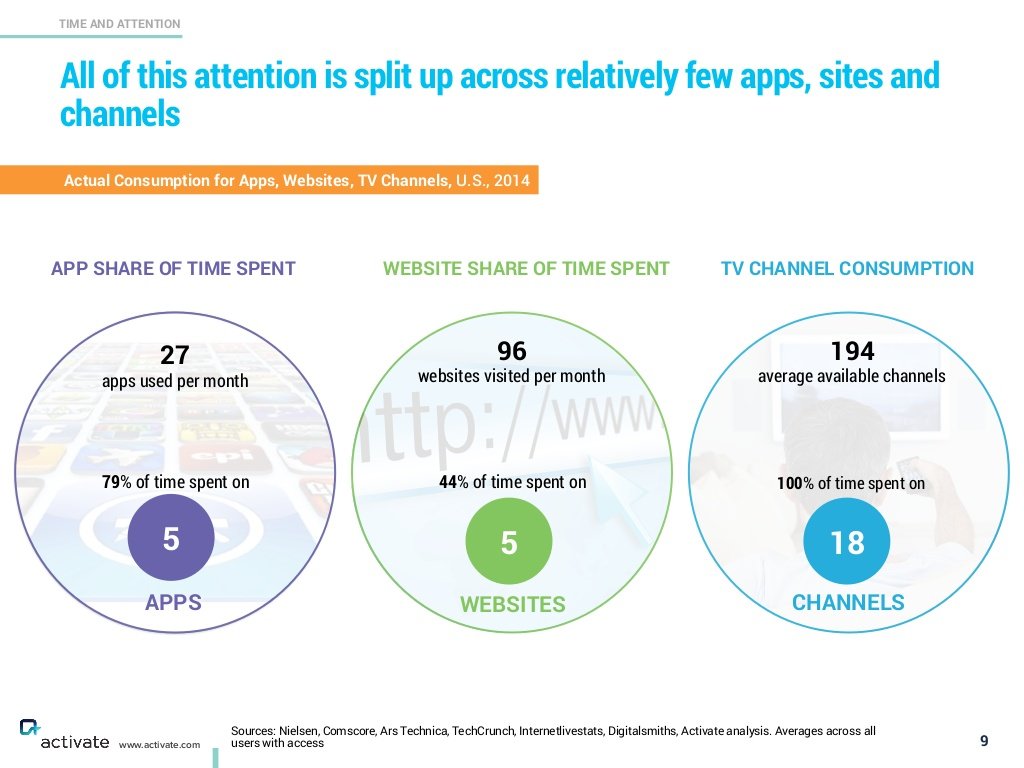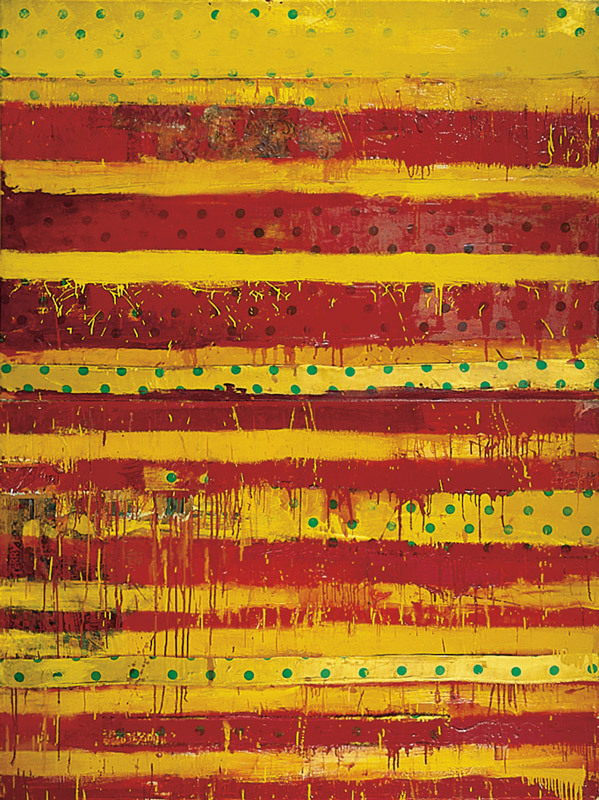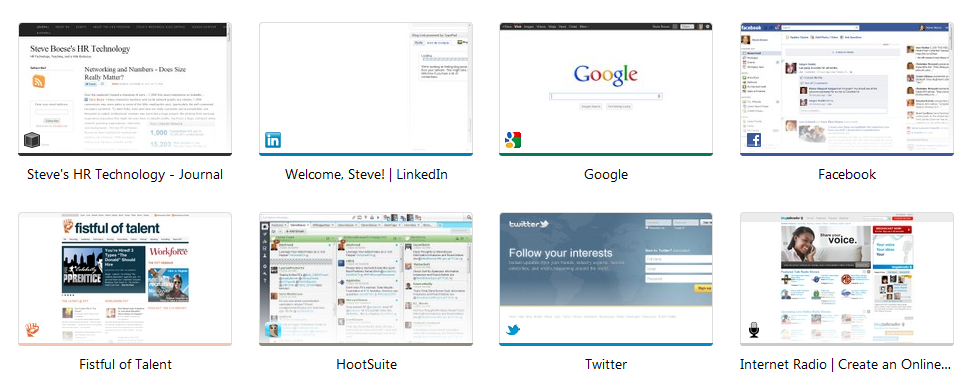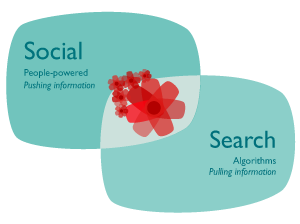CHART OF THE DAY: In a world of infinite choice, we choose very little
How many apps do you have installed on your smart phone? 50, 60, maybe more?
How many TV channels does your cable or satellite TV subscription offer? A couple hundred, give or take?
How many websites are there on the internet? Way, way too many to count I bet. Probably something in the order of tens of millions at least.
So after thinking about those questions, let's ask another set of questions. How many apps, websites, and TV channels do you regularly use/visit/consume? What it the number of these apps, etc. that tend to dominate your time and attention?
Take a look at the chart below, taken from a recent presentation given by business strategist Michael Wolf at a recent Wall St. Journal conference, for some insights into these questions, and then as you have come to demand, some FREE commentary from me after the data.

Interesting data, let's unpack it a little here and see what it might mean for HR/Talent/anyone trying to get attention in a busy world.
The average person uses 27 apps in a month, but about 80% of that time is spent in only 5 apps. I will offer up my top 5 - Gmail, Twitter, Zite (a news aggregator), Feedly (an RSS feed reader), and The Score (a sports news and scores app). But whatever your Top 5 apps may be, chances are good they dominate your time on your phone to a significant extent.
This same self-selected narrowing of almost endless choices also is seen with the general internet, and with TV content. We have tons of options, almost too many, yet we end up gravitating and focusing on those very few choices we seem to enjoy and identify with the most. And again, those lists are pretty small.
What should this data make us think about in more general terms as we try to pry precious attention and eyeballs towards our bright shiny new things?
1. We choose very little, but the 'pie' is so big, even a tiny sliver is huge. With the continued growth of market penetration of smart phones, broadband connections, and wifi everywhere - more and more time is being spent online in all of its forms. Your app or website or internet show or podcast doesn't have to break into anyone's Top 5 to still be a huge success. You just have to identify, target, and create value for that small group that will be open and ready for your message. The HR Happy Hour Show that Trish McFarlane and I do is a great example of this. We may not be 'Serial', but we have a fantastic and growing audience of HR and HR tech fans and have built a really cool thing.
2. Habits are really hard to change. You, me, everyone - we check the same 5 apps, the same 8 websites, watch the same 10 TV channels week after week after week. If you can't easily get folks to change their consumption habits then you have to find a way to better integrate with these habits. No one hates email more than me, but I still spend more time in email every day than I care to, and I still get plenty of news and information from this old habit. So it makes sense to focus at least some on getting your message better read in email or in one of the other 'Top' apps today (LinkedIn, Medium, Quora, Snapchat, etc.), instead of creating something brand new that requires users to adopt a new habit.
3. Don't 'break' things that are working. Once you have an audience, or a set of fans/followers etc., you have to be careful not to mess around or experiment too much all at one time. It is hard enough to initially earn the attention of the audience you seek, it is even harder to have to try and earn them a second time. As your audience grows you want to be sure you are growing along with them, but not leaving them behind if that makes sense. I'd like to run 'Ranked' posts every day, but if I did I am pretty sure I would drive away just about everyone who I have spent 7 or 8 years trying to connect with. But the occasional Tom Cruise or Ranked post is fine I think.
No one has time for all the choices that are now available to us on our phones, the web, and our TVs. That doesn't mean there is not any room or any opportunity for something new to break through, it just means that the ideas that can break through are rarer than ever, and the people that can conjure up these ideas are more valuable than ever.
Ok that's it, I am out. Go back to the sites/apps you really enjoy.
Have a great week!

 Steve
Steve


